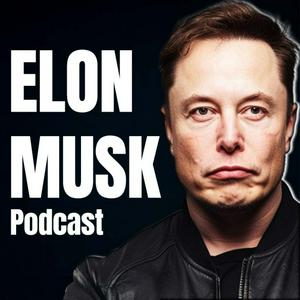the expansive growth of Elon Musk’s business empire in Texas, specifically focusing on the development of SpaceX’s Starbase and the Boring Company's presence in Bastrop. The reports detail the official incorporation of Starbase as a city, a move intended to foster a dedicated community for employees while sparking debate over local autonomy and corporate influence.
Significant attention is given to environmental concerns and legal challenges raised by activists regarding the impact of rocket launches on protected wildlife habitats and public beach access. Furthermore, the texts examine the financial side of these ventures, including multimillion-dollar tax breaks sought by SpaceX for its manufacturing facilities and the opening of Ad Astra, a specialized private school. Critics and supporters alike weigh in on the economic benefits versus the social costs of these modern company towns, drawing parallels to historical industrial utopias. Together, the sources provide a multifaceted view of how tech-driven expansion is reshaping the legal, educational, and ecological landscape of the Lone Star State.


